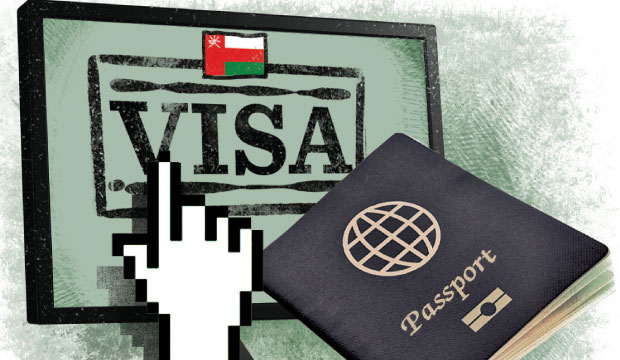
Muscat: Renewal of expatriates’ family joining visa, housemaid visa and drivers’ visa at households have not been included in the new visa renewal fee proposal, said a Majlis Al Shura member who submitted the same in the Shura.
Get your essential daily briefing delivered direct to your email inbox with our e-newsletter
“The proposal is to revise renewal fee only for job visas. However, family joining visas, housemaid visas and household drivers’ visas have not been included,” Tawfiq Al Lawati, the Majlis Al Shura member said.
The Shura member had submitted the proposal aimed at fair practice in fee collection and revenue generation for the government at a time when it is struggling due to the global oil price dip.
As per the proposal, the government, instead of collecting only OMR200 from expatriates every two years for visa renewal, should either collect three per cent of gross salary every month for two years at the time of visa renewal or OMR300 as visa renewal fee, whichever is higher.
Read here: Proposal to charge 3% of worker salary as visa fee in Oman
“The proposed revision is not a new one and was in practice before 1996 in Oman,” the Shura member added.
Expatriates said the proposal came as a shocker for them.
“If the government agrees, then it will be a shocker for a majority of the expatriates. Big companies may be able to cushion the extra cost without passing it on to their employees. However, small and medium companies will surely pass it on to their expatriate workers,” Syed Murtaza Kadri, a salesperson at one of the automobile firms in Muscat, said over phone.
Meanwhile, Shakir Shaikh, a pharmacist in one of the clinics in Muscat, posted on the Times of Oman's Facebook page that Oman is the country of Omanis and they hold the supreme rights over country.
Stay ahead of the rest and download our free WhatsNews app for Apple, Android or Blackberry
“But at the same time, contribution of expatriates should also not be neglected. Both give their sweat for the country. Instead of finding small income sources like this, government should try to create alternative sources of income, like foreign investment or tourism,” Shakir posted.
Vibhas Mangla, an employee working in the oil industry, posted that all these proposals, though good in intent, only result in increasing the cost of doing business.
“So ultimately who will pay for it? It's the Omani economy,” Vibhas posted.
Jasim Uddin, another expatriate, posted that he thought this was a perfect decision because those people who earn only OMR90 or 100 salary in a month are compelled to pay OMR200 for visa renewal which is not fair.
“Many expatriates working in big companies and drawing huge salaries are also paying the same amount for visa renewal. It would be a significant move if the government makes this new rule. Thanks for the thoughts. Long live#Oman,” Jasim posted.
Another expatriate, Payman Khoorpour, posted that he believed this was not going to improve the government revenue.
“The cost of stay for professionals will go very high which will eventually force them to explore some other country. They should instead categorise the fee as per different salary brackets and make slight adjustments,” Payman posted.
A story on the subject, titled, “Proposal to charge 3% of worker salary as visa fee in Oman,” reported by the Times of Oman on Sunday was read by 30,000 people online. On Facebook, this reportage reached 124,000 readers with 450 shares.
Currently, there are 1,990,294 expatriates in Oman, according to government data. Calculated at the rate of OMR200 as visa renewal fee per person, it would amount to OMR398,058,800, as many leave Oman without renewing their visa to continue their stay after the two-year term.
According to the proposal, if an expatriate’s monthly gross salary is OMR1,000, then his two year salary will be OMR24,000 and the three per cent of it, OMR720, will be the visa renewal fee.